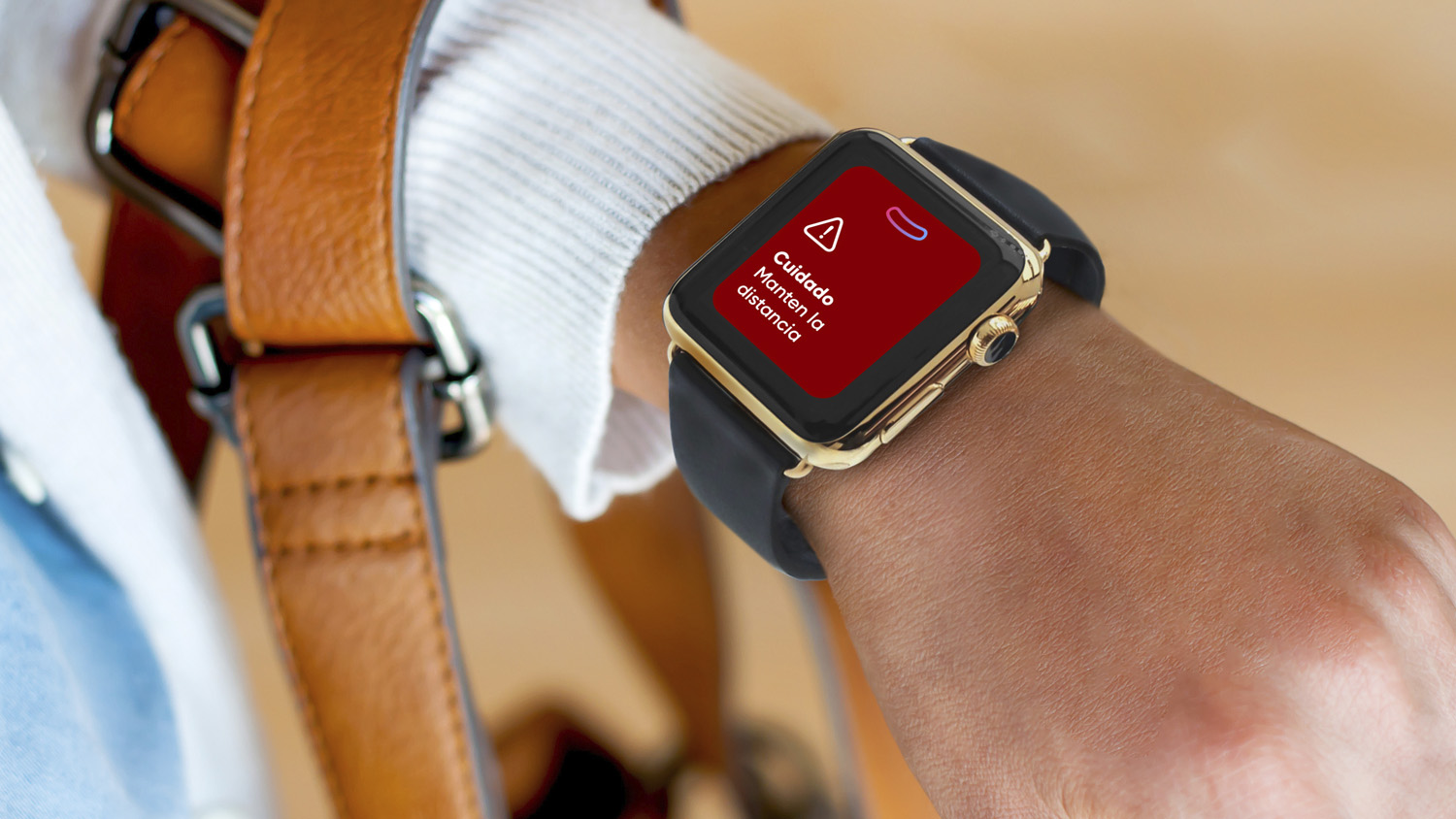The Valencian company, linked to the University of Valencia Science Park, has launched Soocial Distance, a logistics traceability product that will allow closed establishments to adapt to the new commercial measures generated by the COVID19. It guarantees dynamic control over capacity and safety distance while maintaining the privacy of each individual.
With more than 5 years of experience in the development of tracking technology linked to basketball, collaborating with leading organisations worldwide such as L'Alqueria del Valencia Basket, GoFit or YMCA, Nothingbutnet has developed a high precision location system for closed environments. "Thanks to this tool, any establishment will be able to carry out dynamic capacity control in which the number of people inside will be known in real time at all times," explains its CEO, Javier Bosch.
In addition, Soocial Distance monitors compliance with a safety distance, so that "it launches an alert every time a person is within 2 metres of another. It does all this while maintaining the privacy of each individual," guarantees Bosch.
The arrival of Soocial Distance will not only be useful for the return to normality, but also confirms a trend of technological progress with the irruption of the so-called 'Intelligent Building'. The possibility of having total control over the management of the capacity and the waiting times, the prediction of affluence, the realization of heat maps, the elaboration of a history of direct contacts and the detection of groups of people are some of the services offered.
Born in the Parc Científic
Nothingbutnet is a startup born in the University of Valencia Science Park to improve the world of basketball through technology. Driven by the VLC/STARTUP Innovative Entrepreneurship Programme, it has developed two digitalisation technologies for the world of basketball (NBN23 Competition and NBN23 Performance), aimed at monitoring the movement of players and enhancing the show by providing relevant information in real time.
In addition, in 2017 it launched Nagi technology, a device based on bluetooth signal reception that helps lifeguards to prevent possible drowning in swimming pools. Nagi requires the installation of a set of locators around the pool and the placement of small bluetooth signal transmitting devices on the swimmers' caps or goggles. Once a maximum period of time has been defined in seconds in which a swimmer can remain motionless, the system alerts the lifeguard by means of an intelligent clock and a tablet. It also indicates where your body is located in the water.


